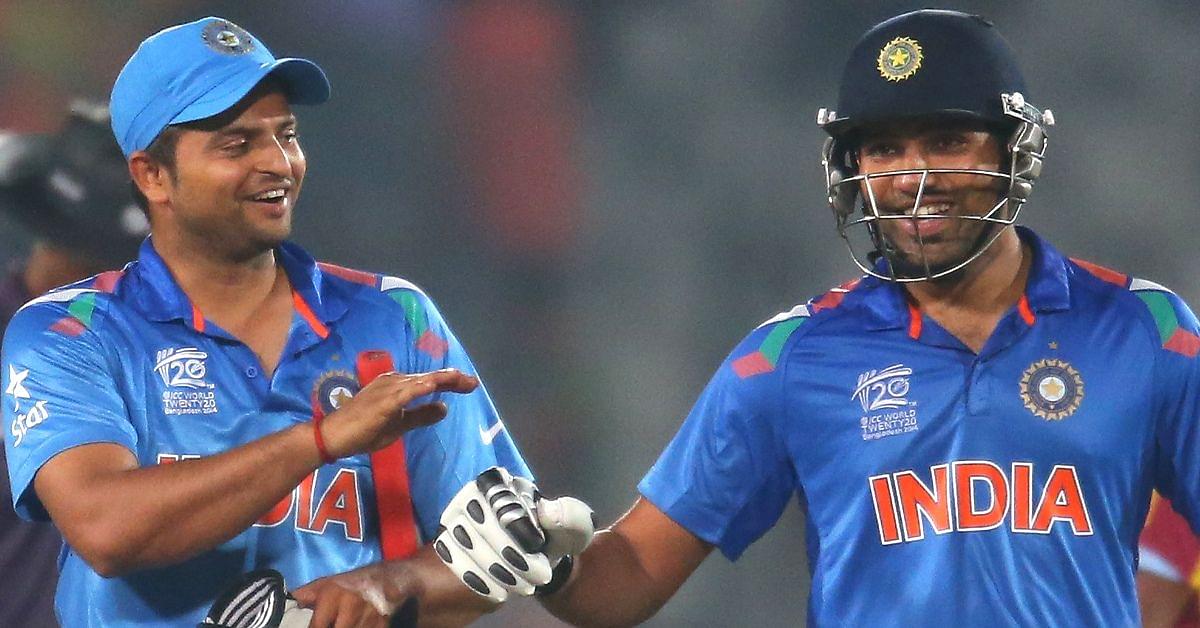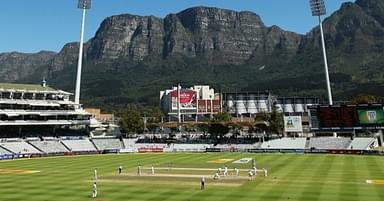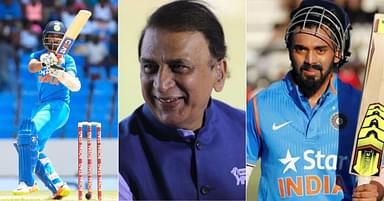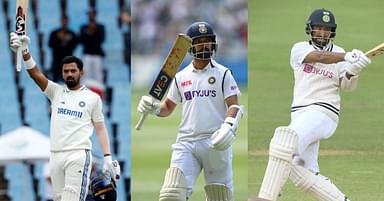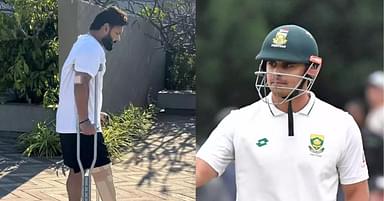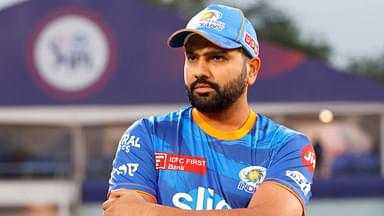Former India batter Suresh Raina, who played 36 out of the 54 ODIs that India played between his debut and ICC Cricket World Cup 2007, had to miss both the World Cups that year due to a knee injury. It was quite a setback for someone who was being groomed as the next big thing in Indian cricket at the time.
Advertisement
It was the same period when current India captain Rohit Sharma was also coming up through the ranks. Part of the Indian team that won ICC World Twenty20 2007, Rohit was also fighting for a middle-order spot in the national team back then. As attacking batters who could also contribute with the ball, it is needless to say that they were like-for-like competitors.
In spite of white-ball opportunities at the highest level, both Raina and Sharma had aspirations to wear the coveted Test cap. In an interview with ESPNCricinfo before Ranji Trophy 2008-09 final match, Raina was confident of earning a maiden Test call-up believing how he wasn’t behind Sharma in the race.
“I am not behind [Rohit Sharma]. I am playing well. Whenever I get the opportunity, I will do well. I have done well in ODIs and am looking for opportunities in Tests. The thing is to enjoy the whole process,” Raina had told ESPNcricinfo in January 2009.
Interestingly, just a few days after this interview, Mumbai defeated Uttar Pradesh to lift yet another Ranji Trophy title. While Sharma scored match-winning centuries in both the innings, Raina’s poor outings allowed him just 10 runs in the match.
Historically, Raina possessed incredible numbers in the Ranji Trophy. Since making his debut in 2002-03, he had scored 2,891 runs at an average of 47.39 with the help of five centuries and 20 half-centuries until then. Sharma, on the other hand, had scored 1,469 runs at an average of 50.08 comprising four centuries and seven half-centuries before the final.
As far as their ODI numbers till 2008 are concerned, Raina’s 1,292 runs had come at an average of 34 including two centuries and eight half-centuries. Comparatively newer to the international circuit, Sharma had managed 593 runs at an average of 24.71.
In the hindsight, it wouldn’t be wrong to say that Raina was a more consistent batter than Rohit at the time. Also senior to him, his experience was clearly visible in his performances. When all’s said and done, readers must note that Raina had played the first of an unfulfilled 18-match Test career in 2010. Sharma, meanwhile, had to wait all the way till 2013 for a memorable Test debut.
Suresh Raina Hadn’t Played International Cricket For Over A Year
Right after West Indies’ tour of India 2007, Raina had suffered an ACL tear while playing a Deodhar Trophy match. On bed rest for about six months, Raina had fallen off the radar in a double World Cup year.
Between West Indies ODIs and Kitply Cup 2008, the left-handed batter hadn’t played a single international match. In this period, he missed Sri Lanka’s tour of India 2007, 2007 World Cup, India’s tour of Bangladesh 2007, India’s tour of Ireland 2007, Future Cup 2007, India’s tour of Scotland 2007, India’s tour of England 2007, 2007 World Twenty20, Australia’s tour of India 2007, Pakistan’s tour of India 2007 and Commonwealth Bank Series 2008.
Raina had once said that recovering from a surgery was more of a “mental fatigue” than physical. That said, his family stood by him like a rock during a phase when he wasn’t sure about his next cricket match. While Raina didn’t participate in Vijay Hazare Trophy 2008, the Syed Mushtaq Ali Trophy was postponed that season. Therefore, it is noteworthy that he was handed a national comeback solely on the basis of top-scoring for Chennai Super Kings in the inaugural season of the Indian Premier League.
A groin injury to the legendary Sachin Tendulkar made way for Raina in India’s Kitply Cup and Asia Cup squads post IPL 2008. It is worth of a mention that Rohit mostly batted at No. 3 during the triangular series in Bangladesh. Raina, on the other hand, mostly played as a finisher. Having not contributed much across the 56 balls he faced across three matches, he made it a point to register a smashing Asia Cup in Pakistan.
For those who don’t know, the team management had swapped Raina and Rohit’s roles during the intercontinental Cup. While Raina batted at No. 3, Sharma was demoted down the order. Second-highest run-scorer in the competition, Raina’s 337 runs across six matches had included centuries against Hong Kong and Bangladesh.

